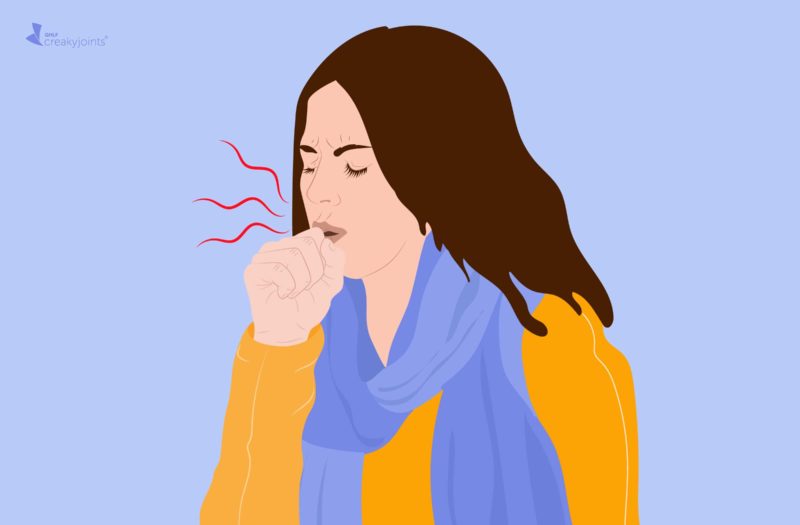Learn more about our FREE COVID-19 Patient Support Program for chronic illness patients and their loved ones.
Since the COVID-19 pandemic began, patients with rheumatic disease have been wondering whether the medications they take to control their conditions might be increasing their chances of catching this novel virus or developing serious complications from it.
Early on, experts warned that corticosteroids were likely to be the most problematic, as these medications broadly suppress your body’s immune system. The American College of Rheumatology later issued guidance echoing that it was wise to minimize corticosteroid use, adding that most patients taking a variety of other antirheumatic medications should stick with their current regimen (unless they were to contract coronavirus, and then take a break until symptoms subsided).
Now an expansive research review, conducted by a group of international scientists on behalf of the COVID-19 Global Rheumatology Alliance, has provided a bit more nuance about how various medications may impact your risk. The scoping review appears in the journal Seminars in Arthritis and Rheumatism.
The authors homed in on 180 earlier studies that contained information about the frequency and severity of viral infections (not just COVID-19, but also other infections) in people who were taking medication to treat rheumatic disease. Most of the studies were published between 2011-2020; about half were randomized controlled trials, the type of research that provides the highest quality of scientific evidence.
As expected, the scientists found that corticosteroids were associated with the greatest increase in risk. People who used these drugs were more apt to develop upper respiratory tract infections, other viral infections, and pneumonia.
Some other highlights:
JAK inhibitors were linked to a “higher frequency of mild viral respiratory infections,” but only when taken at high doses. These drugs did not “seem to increase the frequency of severe viral respiratory [adverse events,]” according to the study.
TNF inhibitors were associated with a higher incidence of colds and other upper respiratory tract infections when compared against a placebo, but the authors said that the increase was “not statistically significant” and that TNF inhibitors were “not associated with worse viral respiratory outcomes, including bronchitis and pneumonia, nor with complications such as hospitalization and mortality compared with antirheumatic medications such as [methotrexate], tocilizumab, or other bDMARD classes.”
The authors noted that IL-17 inhibitors “may be associated with an increased frequency of respiratory viral events.” However, “there was no difference in the frequency of sinusitis, bronchitis, pneumonia, or [upper respiratory tract infection] in patients receiving IL-17 inhibitors compared to placebo.”
Other medications, including NSAIDS, methotrexate, hydroxychloroquine, sulfasalazine, azathioprine, mycophenolate mofetil, cyclophosphamide, and apremilast were not associated with an elevated risk of respiratory infections.
It’s important to note that while some of the analyzed studies specifically looked at the likelihood of contracting COVID-19, most focused on the connection between antirheumatic drugs and other viral infections.
Information about COVID-19 is still evolving, so be sure to touch base periodically with your rheumatologist and check CreakyJoints.org frequently as we continue to update our coverage.
Get Free Coronavirus Support for Chronic Illness Patients
Join the Global Healthy Living Foundation’s free COVID-19 Support Program for chronic illness patients and their families. We will be providing updated information, community support, and other resources tailored specifically to your health and safety. Join now.
Kilian A, et al. Acute Respiratory Viral Adverse Events During Use of Antirheumatic Disease Therapies: A Scoping Review. Seminars in Arthritis & Rheumatism. August 2020. doi: https://doi.org/10.1016/j.semarthrit.2020.07.007.






